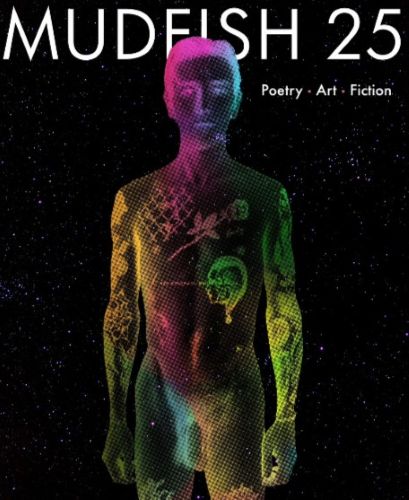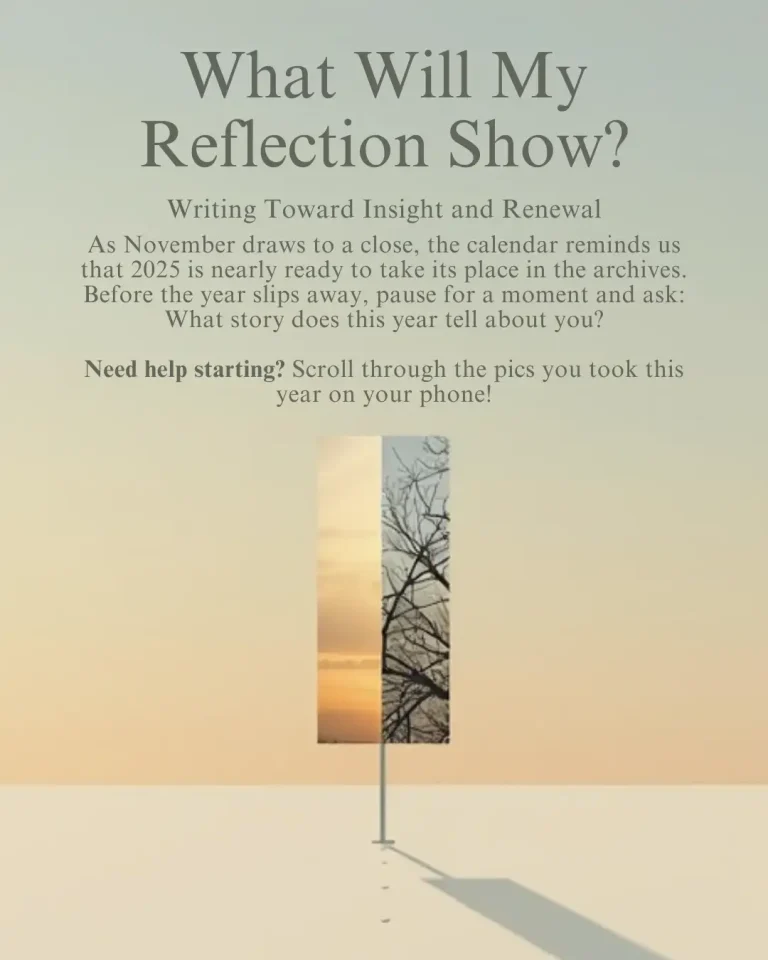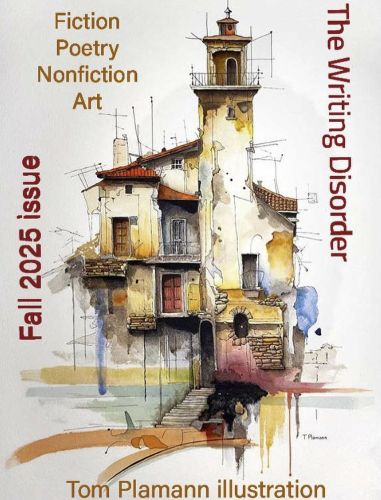December 2012/January 2013
Bimonthly 
Kirsten McIlvenna
Literary Juice publishes literature in small sips. There are short stories, flash fiction, pulp fiction, and poetry.
Literary Juice publishes literature in small sips. There are short stories, flash fiction, pulp fiction, and poetry.
Lynn L. Sloan’s “Shoes” is a social commentary within a short story about an older woman who cannot seem to get assistance from any of the clerks at the shoe store—they all bypass her for the young woman with “wavy blonde hair just like the weather girl on Channel 7 and the kind of tan that came in a bottle.” Frustrated by the lack of service, she takes matters into her own hands.
In Rob Williams’s flash piece “Lost in the Forest with Nothing to Say,” he sets the mood for his piece through different elements of nature: the robin, “flighty but graceful, always on the verge of singing”; a “cavernous deserted avenue”; and of course the forest, where the narrator says that “surrounded by so many trees, it’s impossible to achieve real solitude.”
If you are looking for a poem that will make you think, read Bryan Merck’s “Technique of Ecstasy.” The poem alternates stanzas with narration first about Otzi, the “5,000 year old ice man, found in a glacier / in the Alps” and Wanda, a twenty-eight-year-old who has never thought about death or ever attended a funeral. The poem is set up to starkly contrast the two characters, but with each description up and down, it is hard to tell who is better off. Toward the end, the two characters are instead compared:
In each of their days, Wanda and Otzi have instinctual methods for mood regulation.
They both stay in the positive range of feelings most of the time.
This is effortless for them. As is their vibrant affect.
There is an innate technique of ecstasy for the day by day.
Most people have an inborn tendency for happiness.
They see evidence of a benevolent Creator everywhere.
They feel connected and settled in God.
Their subconscious minds are rooted in God.
Otzi could have articulated this nascent blessedness.
It is deeper in Wanda. It is just a feeling.
The pulp fiction section (25 words long, no more, no less) certainly perked my interest. It’s a powerful thing when you can get an emotional reaction from a reader in such a minute space. Instead of trying to quote some of it here, I’ll let you enjoy them yourselves—Maria Bonsanti’s “Leverage,” Philicia Montgomery’s “Embrace,” and Seema Misra’s “Firecrackers.” I even started going through the archives. Be sure to read the October/November 2012 pulp fictions, particularly “Sorry” by Eva Langston (talk about an emotional pull!).
The rest of the writing in this issue includes poems from Chad Nellis Sinclair, April Chye, Bob Meszaros, Smita Sriwastav, Neal Allen, Scott M. Bade, Dennis Weiser, and Simon Perchik as well as a fiction piece by Mark Jacobs. Literary Juice comes across as playful, entertaining, and admirable, but underneath is writing that is well crafted and thought out—it’s, well, literary.
[www.literaryjuice.com]




